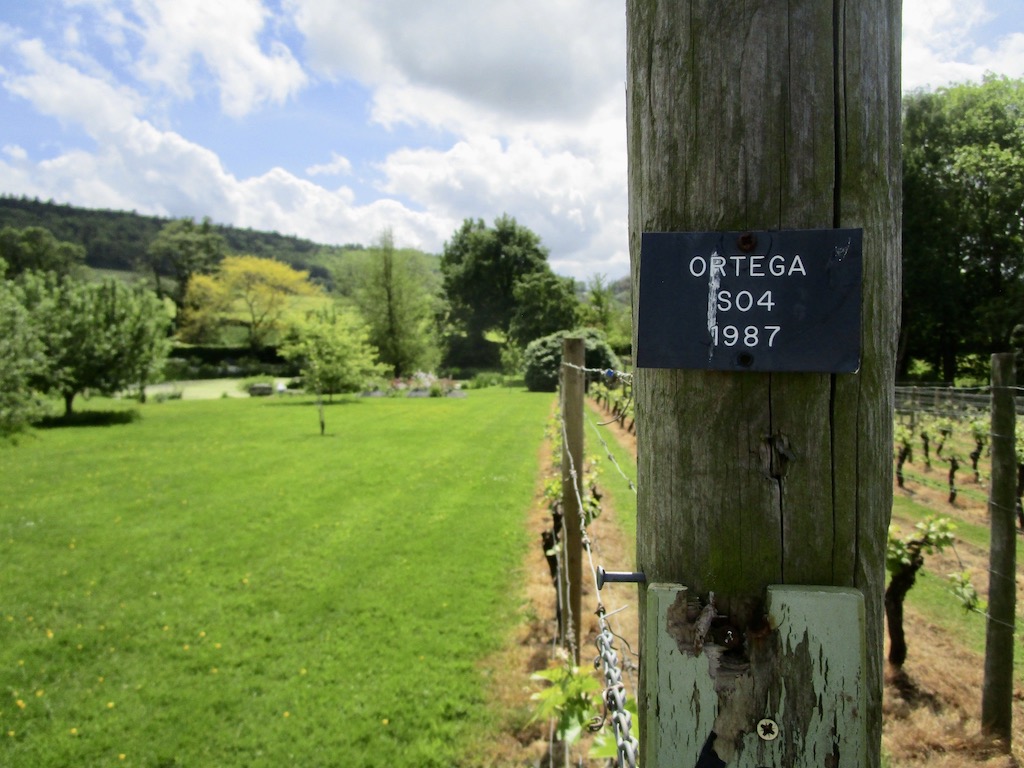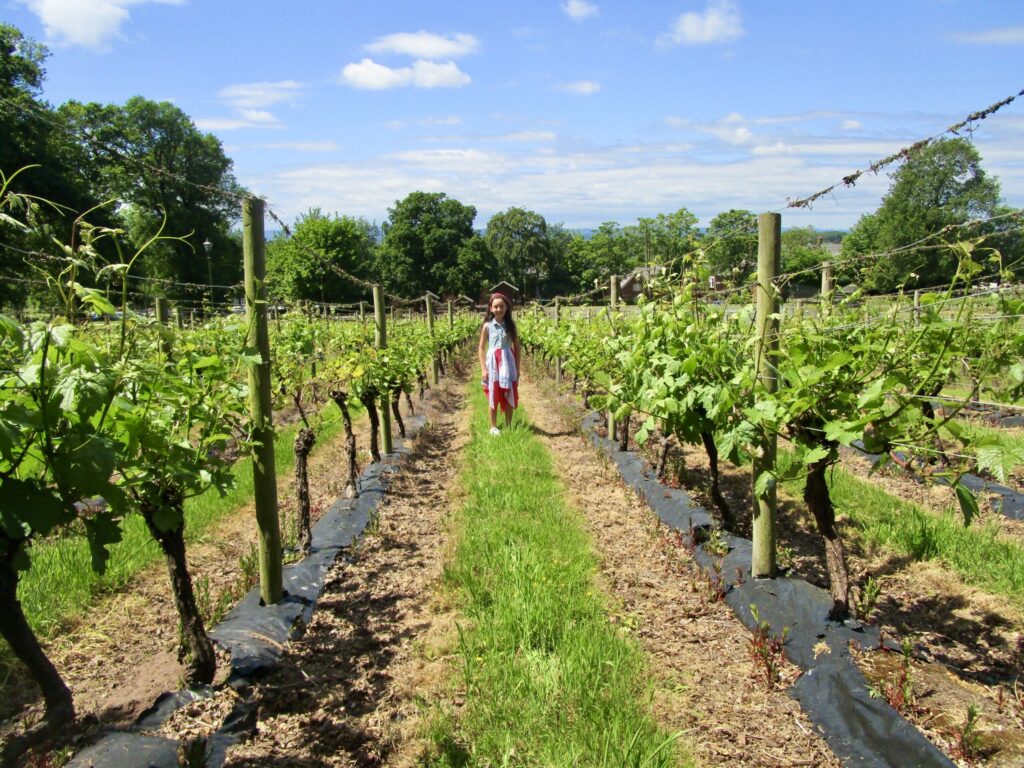
I’m inspecting neat, newly flowering rows on a sun-dappled day in the English countryside.
But I’m not strolling in the gardens of a stately home. Instead, I’ve come to a vineyard in the rural heartland of Herefordshire to witness an unlikely trend: the rise of quality English wines.
No, really. The patchwork-quilt landscape, best known for its autumn cider harvest, is now home to a group of wineries helping to fuel the boom in English wine tourism.
Who would have thought that our home-grown vino could have gone from quirky curiosity to award winner?
But the start of English Wine Week (June 18) is set to confirm the trend with 195 wineries, producing 9m bottles of English wine per year, according to 2021 figures from Wines of Great Britain.
Furthermore, wine tourism increased by 57% in 2020, reflecting a boom in domestic visits to wineries and sales direct from the cellar door.
“The growth reflects the way climate change has enabled some grape varieties to flourish in new parts of England, but also a better understanding generally of techniques,” explains Julia Trustram Eve, Head of Marketing at Wines of Great Britain.
“Sparkling wines (64% of the market) still dominate but confidence is growing in still wines — especially linked to food pairing.”
Award winner
The coming of age of English wine means places like the Wye Valley in the Welsh Marches come become our answer to the Route des Grands Crus in Burgundy. Jamie McIntyre, the owner of the Wythall Estate Vineyard, is poised, corkscrew in hand.
“The Wye Valley is the perfect showcase for English wines, driving through the countryside in an open-top car and stopping off at wineries,” he says.
Wythall’s vineyard, set in the grounds of the 16th-century family estate, is just two miles outside the historic market town of Ross-on-Wye. It grows four varieties, based on German stock, across its four acres, producing around 4,000 bottles per year.
The Fruhburgunder grape produces Wythall’s Pinot Noir (£30 per bottle), which won Gold at the Independent English Wine Awards 2022.
Wild rabbits scamper through the vines and fallow deer emerge gingerly into the sunlight in the fields beyond as Jamie takes me on a tour of the vineyard.
He tells me afterwards, as we taste the wines in the wood-paneled dining room, the glasses embossed with the family crest that dates from the 1500s:
“The snobbery around English wine has gone. It’s no longer a blind spot for wine drinkers.”
Jamie’s wines are served alongside pints of local Butty Bach at The Hostelrie gastropub in the nearby village of Goodrich, close to medieval Goodrich Castle.
I match a dinner of monkfish and chorizo, followed by a plum compote with cold custard, with a glass of Jamie’s Sparkling Rose in the garden on a sun-kissed summer evening.
New varieties
The next day, I visit the Coddington Vineyard [pictured above], which along with Wythall and Frome Valley Vineyards, features in a series of new, self-guided wine walks of Herefordshire.
I follow an undulating five-mile route from the Church of St James, located in the village of Colwall, then cross Coddington’s vineyard for lunch before climbing Oyster Hill, the Malvern Hills and the town of Ledbury on the horizon.
Coddington is one of the more mature wineries in the region with three varieties, including two still whites and a sparkling Pinot Gris.
“You only get good wine from good grapes,” explains owner Peter Maiden, showing off his neatly pruned rows of Ortega, grapes derived from German Riesling stock.
“There’s a lot of coordination between sugars and acid.”
The vines start to bud in May and will be in full flower for English Wine Week with harvest time bringing a frenzy of activity to the tranquil rural site come October.
“It’s a labour of love but very satisfying,” says co-owner Sharon Maiden.
“Given longer summers and milder winters, our wines increasingly benefit from a fruity, floral flavour that make them uniquely English.”
I agree, and having stocked up at the cellar door, I’ll be embracing home-grown wines from now on.
After all, how better to celebrate The Queen’s Platinum Jubilee weekend than raising a glass of new-generation English wine.
Read the story at Daily Mail Travel.
- Liked this? Try also How to drink to English Wine Week in Cheshire.
- Sign up to my new newsletter, Hit the North, for more travel news and inspiration from my home patch
